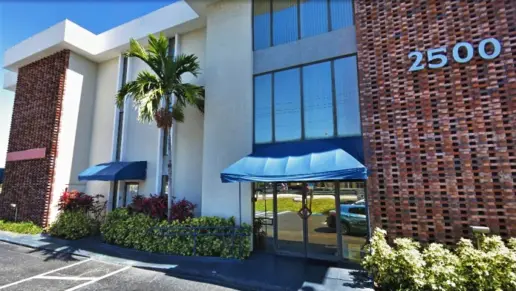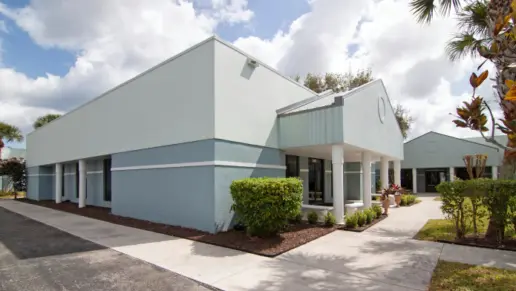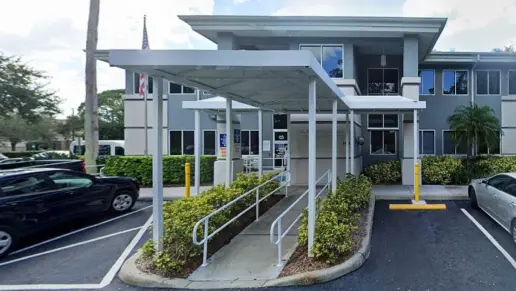About Gateway Community Services
Specialty rehab programs at Gateway Community Services include gender-specific addiction treatment addressing unique challenges faced by men, age-appropriate treatment for teens addressing adolescent-specific issues, and treatment integrated with HIV/AIDS care, ensuring comprehensive health management.
Patients at Gateway Community Services will find the residential setting creates an immersive environment promoting full engagement in recovery away from daily triggers.
Gateway Community Services has received accreditations from SAMHSA and CARF.
 Payment Options
Payment Options
Self-pay options
Private insurance
Sliding scale payment assistance
 Levels of Care
Levels of Care
 Inpatient
Inpatient
Residential treatment programs are those that offer housing and meals in addition to substance abuse treatment. Rehab facilities that offer residential treatment allow patients to focus solely on recovery, in an environment totally separate from their lives. Some rehab centers specialize in short-term residential treatment (a few days to a week or two), while others solely provide treatment on a long-term basis (several weeks to months). Some offer both, and tailor treatment to the patient's individual requirements.
 Outpatient
Outpatient
Outpatient rehabs encompass multiple levels of care to facilitate clients' progress through their recovery journey. Clients who are stepping down from inpatient treatment may require intensive outpatient (IOP) treatment, which involves more frequent and substantive therapeutic interventions than does standard outpatient care. Outpatient centers typically provide extensive addiction counseling, including individual, group, and family therapy. Medication assisted treatment programs (MAT) and recovery-focused life skills training are also common in outpatient care.
 Programs
Programs
 Program for men
Program for men
Program fro women
 Adult program
Adult program
 Adolescence program
Adolescence program
 HIV/AIDS program
HIV/AIDS program
 Postpartum program
Postpartum program
 Settings & Amenities
Settings & Amenities
-
Residential setting
 Treatment
Treatment
 Substance Abuse
Substance Abuse
Substance rehabs focus on helping individuals recover from substance abuse, including alcohol and drug addiction (both illegal and prescription drugs). They often include the opportunity to engage in both individual as well as group therapy.
 Clinical Services
Clinical Services
 Group Therapy
Group Therapy
Group therapy is any therapeutic work that happens in a group (not one-on-one). There are a number of different group therapy modalities, including support groups, experiential therapy, psycho-education, and more. Group therapy involves treatment as well as processing interaction between group members.
 Individual Therapy
Individual Therapy
In individual therapy, a patient meets one-on-one with a trained psychologist or counselor. Therapy is a pivotal part of effective substance abuse treatment, as it often covers root causes of addiction, including challenges faced by the patient in their social, family, and work/school life.
 Accreditations
Accreditations

SAMHSA
The Substance Abuse and Mental Health Services Administration (SAMHSA) is a branch of the U.S. Department of Health and Human Services. Established in 1992 by congress, SAMHSA's mission is to reduce the impact of substance abuse and mental illness on American's communities.
SAMHSA Listed: Yes

CARF
The Commission on Accreditation of Rehabilitation Facilities (CARF) is a non-profit organization that specifically accredits rehab organizations. Founded in 1966, CARF's, mission is to help service providers like rehab facilities maintain high standards of care.
CARF Accreditation: Yes


